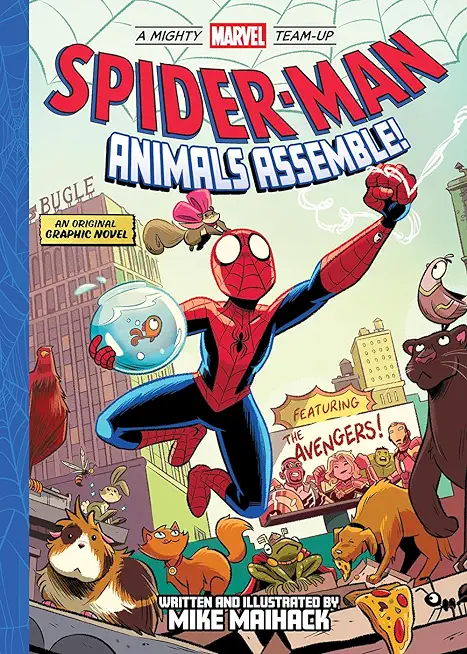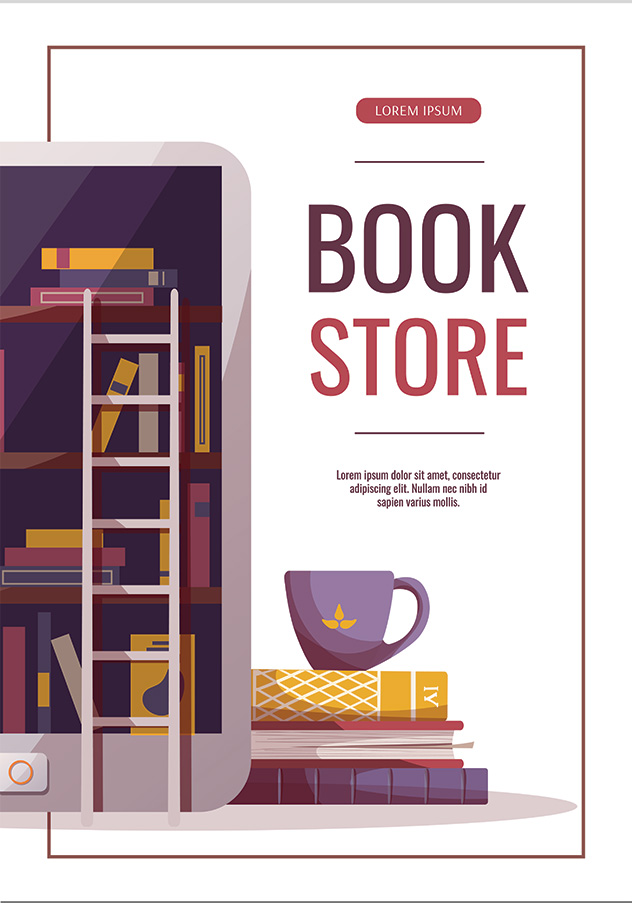Item is not available
member goods
No member items were found under this heading.
listens & views

DADA PANSAERS ET CORRESPONDANCE 1 ...
by DADA PANSAERS ET CORRESPONDANCE 1 / VARIOUS
COMPACT DISCout of stock
$13.99
Return Policy
All sales are final
Shipping
No special shipping considerations available.
Shipping fees determined at checkout.






